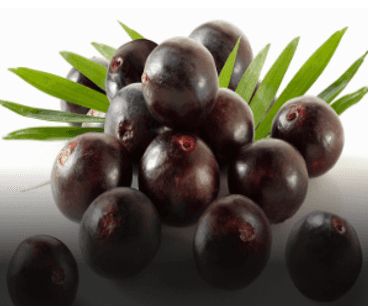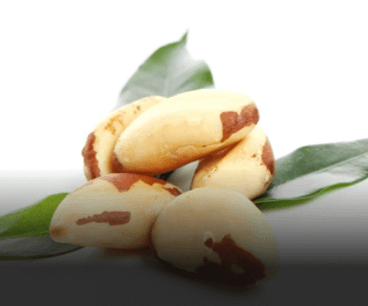
Our Wild Oils
Our Wild Oils
Wild oils are increasingly becoming substitutes for petrochemical ingredients in the cosmeceutical industry. The big brands are already moving towards sustainable ingredients and sustainable harvesting techniques. BioTara offers both.
Wild oils are increasingly becoming substitutes for petrochemical ingredients in the cosmeceutical industry.
The big brands are already moving towards sustainable ingredients and sustainable harvesting techniques. BioTara offers both.

Do you want to be part of our journey?

Contact
BioTara AG
Horburgstrasse 105
4057 Basel
Switzerland
Email
Info@biotara.earth
Telephone
+41 61 331 38 22
Whatsapp
+597 891-6700

Navigation
Contact
BioTara AG
Horburgstrasse 105
4057 Basel
Switzerland
Email
Info@biotara.earth
Telephone
+41 61 331 38 22
Whatsapp
+597 891-6700

Contact
BioTara AG
Horburgstrasse 105
4057 Basel
Switzerland
Email
Info@biotara.earth
Telephone
+41 61 331 38 22
Whatsapp
+597 891-6700










